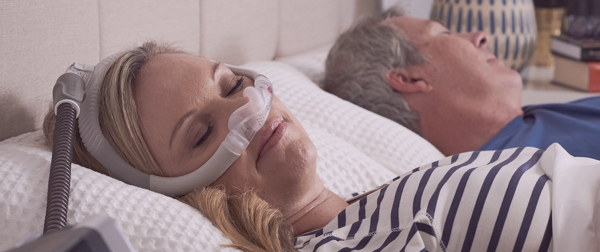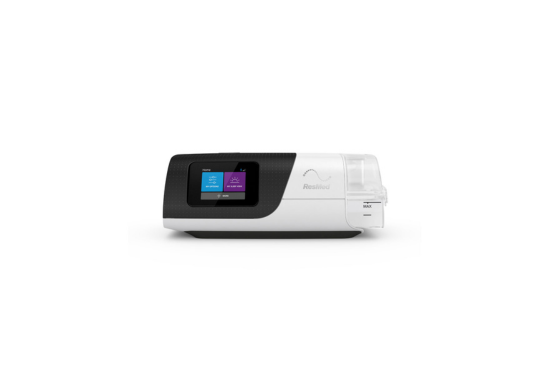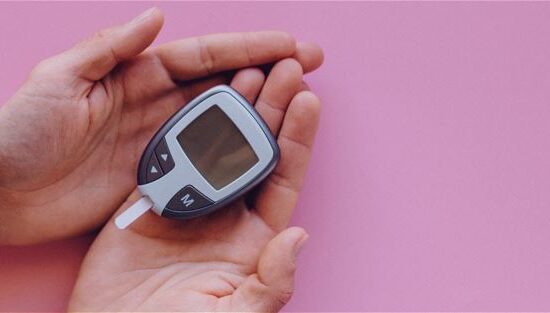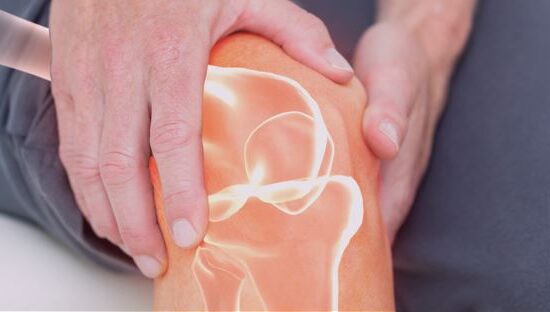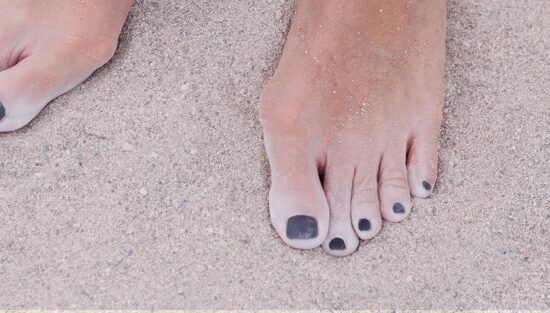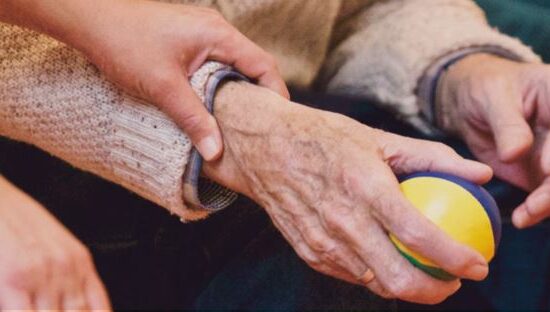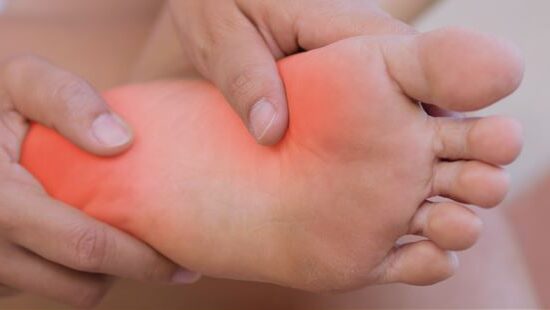Sleep apnea most often affects adult men, but women and children can also develop this disorder. Several factors can increase the risk of OSA, including:
- Excess weight, which increases pressure on the airways
- Anatomical features such as a large neck, small jaw, enlarged tonsils or deviated nasal septum
- Hereditary factors
- Alcohol and tobacco use
- Aging, which reduces muscle tone
Risks and dangers of untreated sleep apnea
Left untreated, sleep apnea can lead to excessive daytime sleepiness, increasing the risk of traffic accidents and workplace injuries.
But the risks don’t stop there. It can also contribute to serious health problems such as high blood pressure, heart disease, stroke, heart attacks and metabolic disorders, including type 2 diabetes.
The social impact can be just as difficult. Constant fatigue may interfere with work, relationships and daily activities. Over time, untreated apnea can contribute to mood disorders, including depression, and cause people to withdraw from their usual routines, further affecting overall well-being.
How to tell if you have sleep apnea
Sleep apnea can have serious consequences for your health. If the symptoms described earlier ring a bell, you may suffer from this disorder. To be diagnosed with sleep apnea, you must undergo either a home sleep test (cardiorespiratory polygraphy) or lab sleep study (polysomnography). Both require a physician’s prescription.
At Médicus, our respiratory therapists are trained to provide high-quality care. If you already have a prescription for a home sleep apnea test (cardiorespiratory polygraphy), schedule an appointment with Médicus today and take the first step toward improving your sleep.

